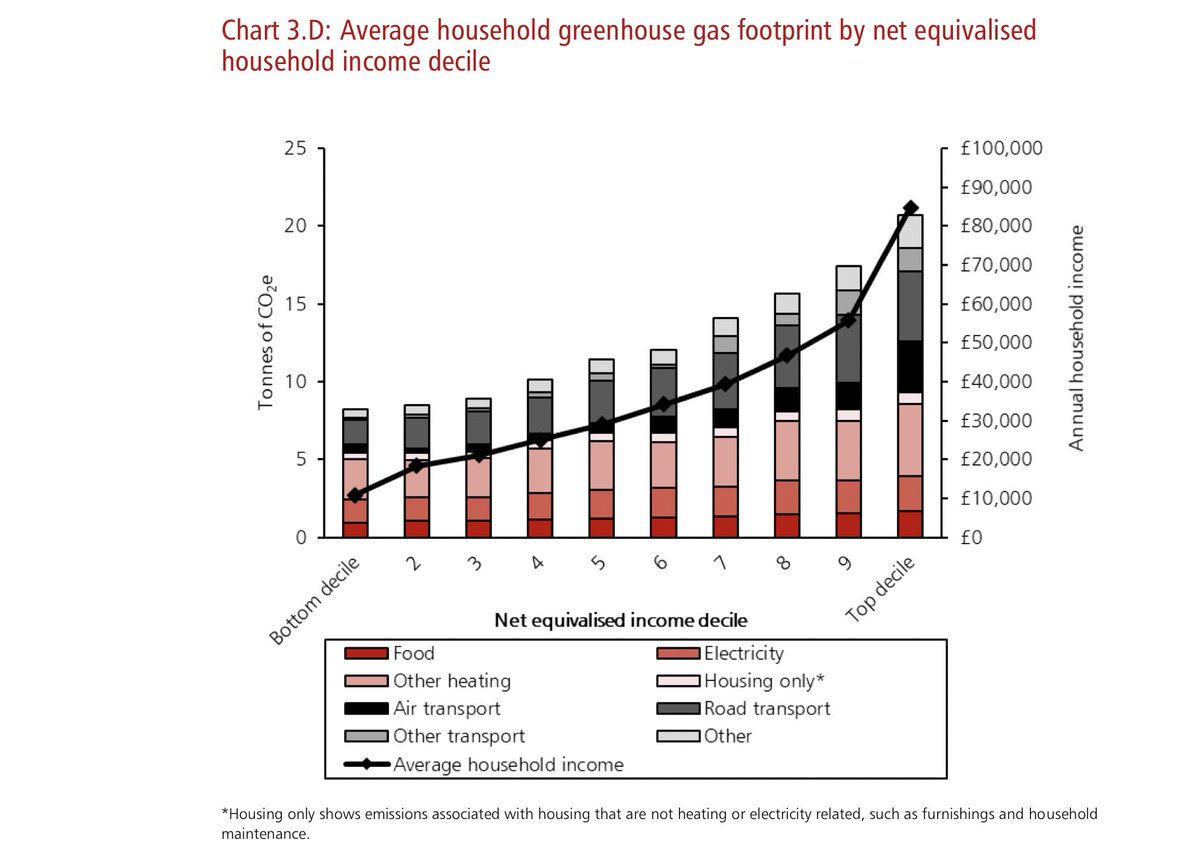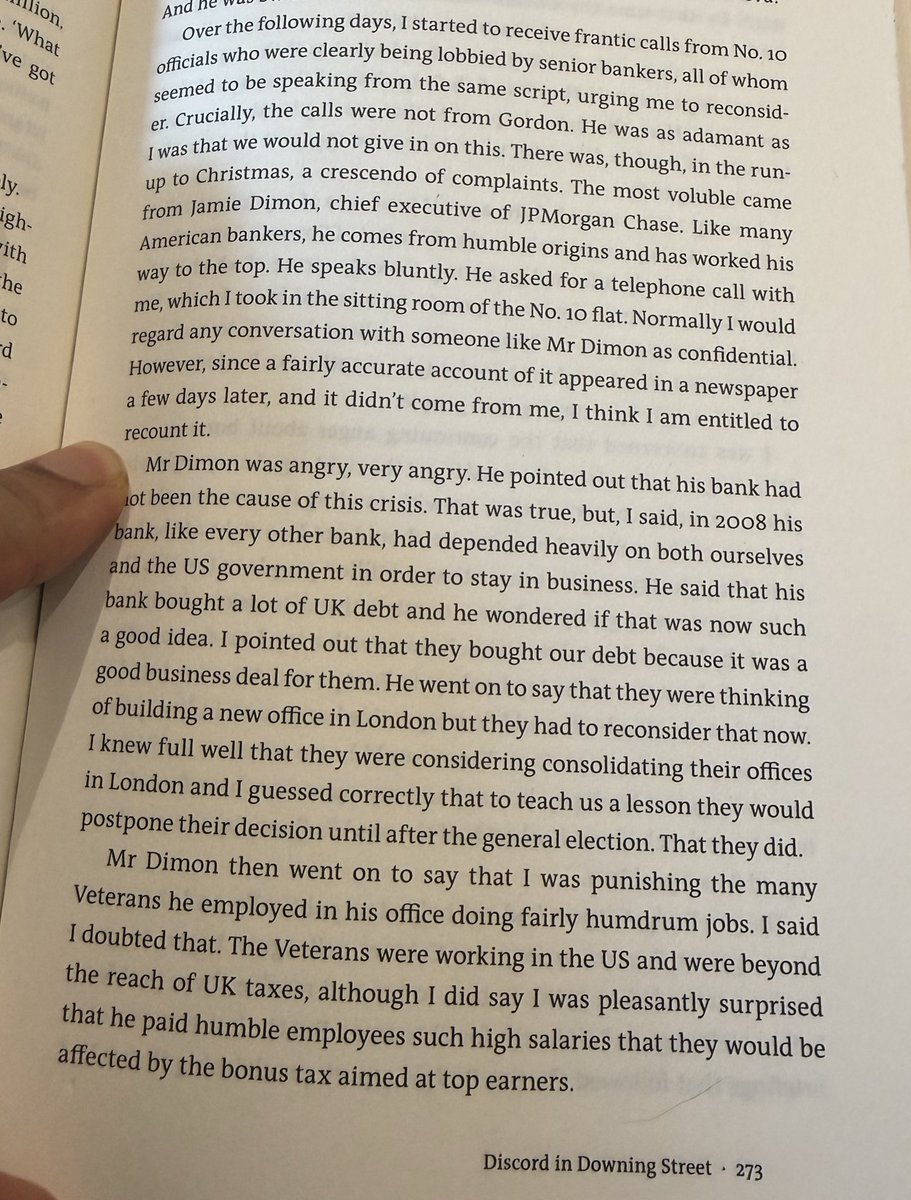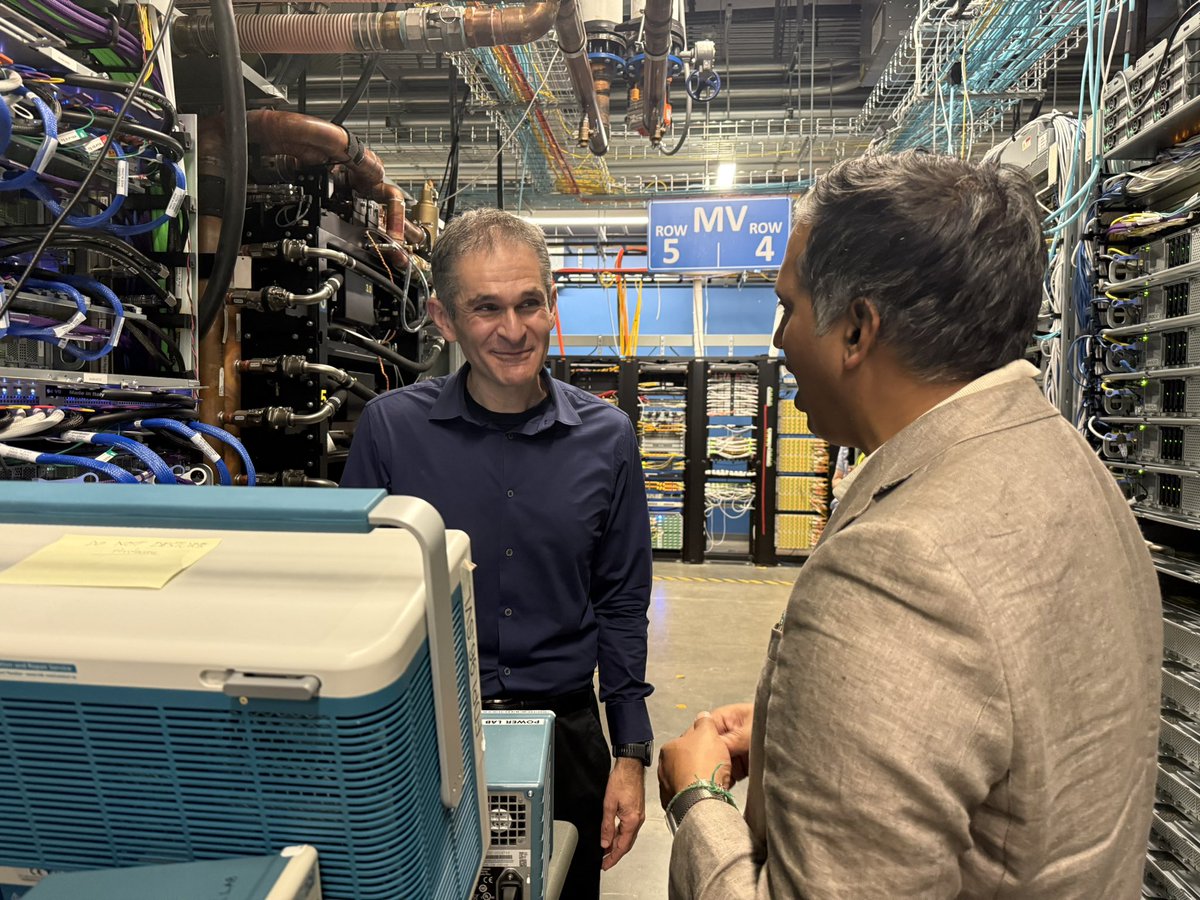Treasury net zero review is very interesting, in green terms, but also as a mere statement of strategy - eg openly pointing to poor UK productivity performance, in the last few years again the worst in G7 for investment, having been overtaken by Italy... 

*Levelling up* code alert - will green policy on cars eventually subsidise wealthy Tesla-drivers in cities, & punish less well off drivers who stick with petrol/diesel for longer, Treasury muses to itself....
Also the £30bn elephant in the room known as “VED” or road-pricing...
Also the £30bn elephant in the room known as “VED” or road-pricing...

Also this translated -
We’ll have to tax gas more and electricity less, because although electricity is now very low carbon/ renewable, we load all carbon levies on to it rather than tax the actual carbon in gas.
But right now after the gas price quadrupled to a record? 2022!
We’ll have to tax gas more and electricity less, because although electricity is now very low carbon/ renewable, we load all carbon levies on to it rather than tax the actual carbon in gas.
But right now after the gas price quadrupled to a record? 2022!

Back on EV point - chief selling points to incentivise people to buy EVs is its cheaper, partly because no VED. But VED will then reduce so much it will be replaced by road pricing, taking away some (a lot?) of the running cost benefit incentive...
One for the 2024 manifestos.
One for the 2024 manifestos.
OK Carbon Border Adjustments...
UK no likey. Questions WTO legality and whether
“straightforward” But EU, some big European nations, Canada, are looking at effectively applying a tariff to high carbon intensive goods to prevent “leakage” ie undercutting on climate

UK no likey. Questions WTO legality and whether
“straightforward” But EU, some big European nations, Canada, are looking at effectively applying a tariff to high carbon intensive goods to prevent “leakage” ie undercutting on climate


UK Carbon Border Adjustment would somewhat complicate doing of trade deals around the world, and we’ve already seen a willingness to not mention even the PAris agreement in eg Oz trade deal... “green trade wars/ protectionism” will be increasing geopolitical issue in coming years
Although this rather interesting chart shows that UK manufacturing is so carbon unintensive that it would be difficult to find a basis to charge a green tariff on the UK... important exceptions here are refineries and plastics... 

The review effectively states that “working collaboratively” on “effective international action” beats a Carbon Border Adjustment Mechanism - one to watch, esp those areas where British manufacturing is hurt by UK going faster than others on climate alleviation.
This is very interesting HMT chart - richest decile (10%) emits three times as much carbon as poorest. Though they have 8x as much income on average. Difference is savings. Saving money = not consuming = green, 

But this it hopes shows that annual bills for power, heating and transport, will be the same via heat pump and EV by 2050, in 2020 prices... 

• • •
Missing some Tweet in this thread? You can try to
force a refresh
















